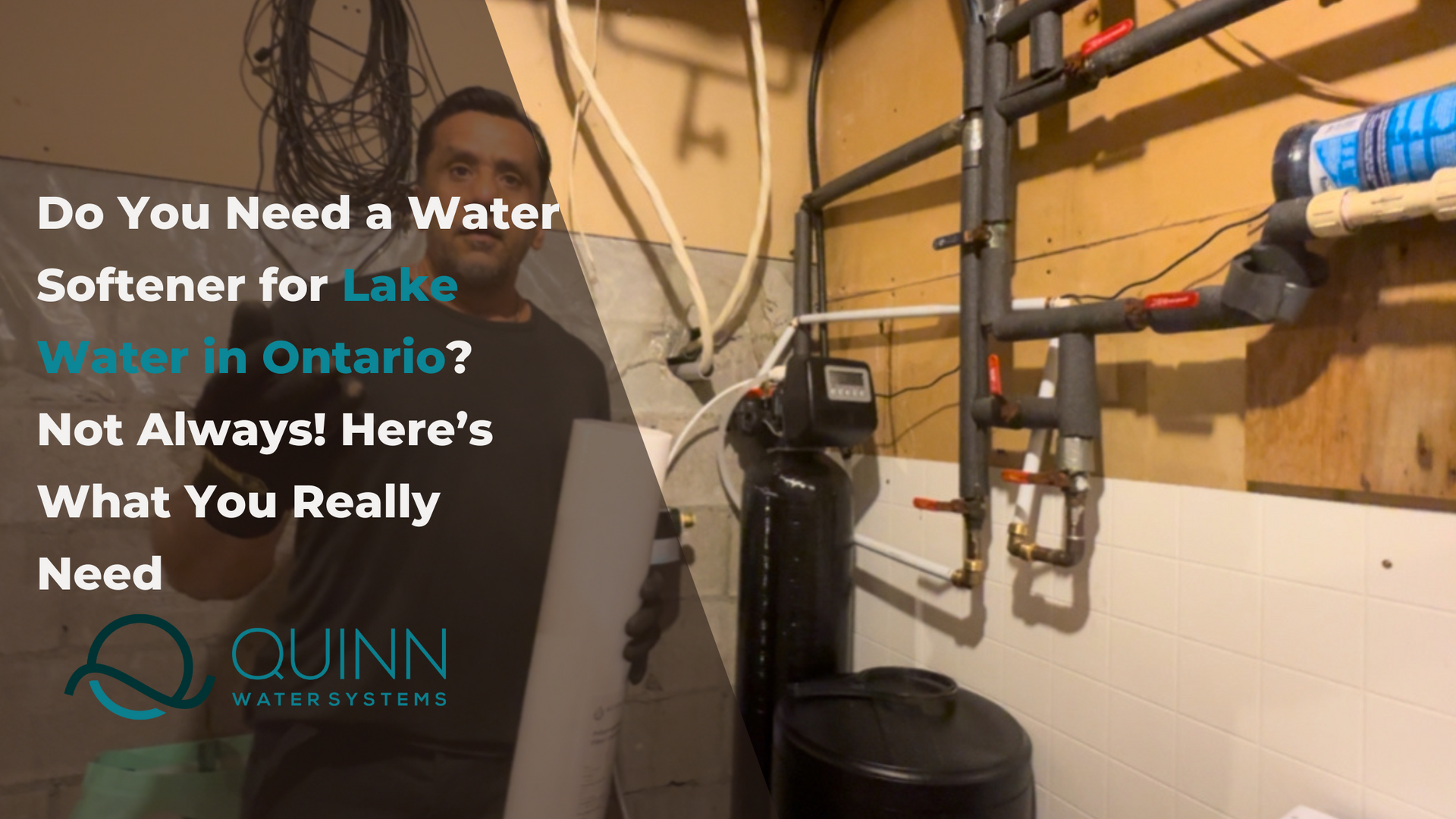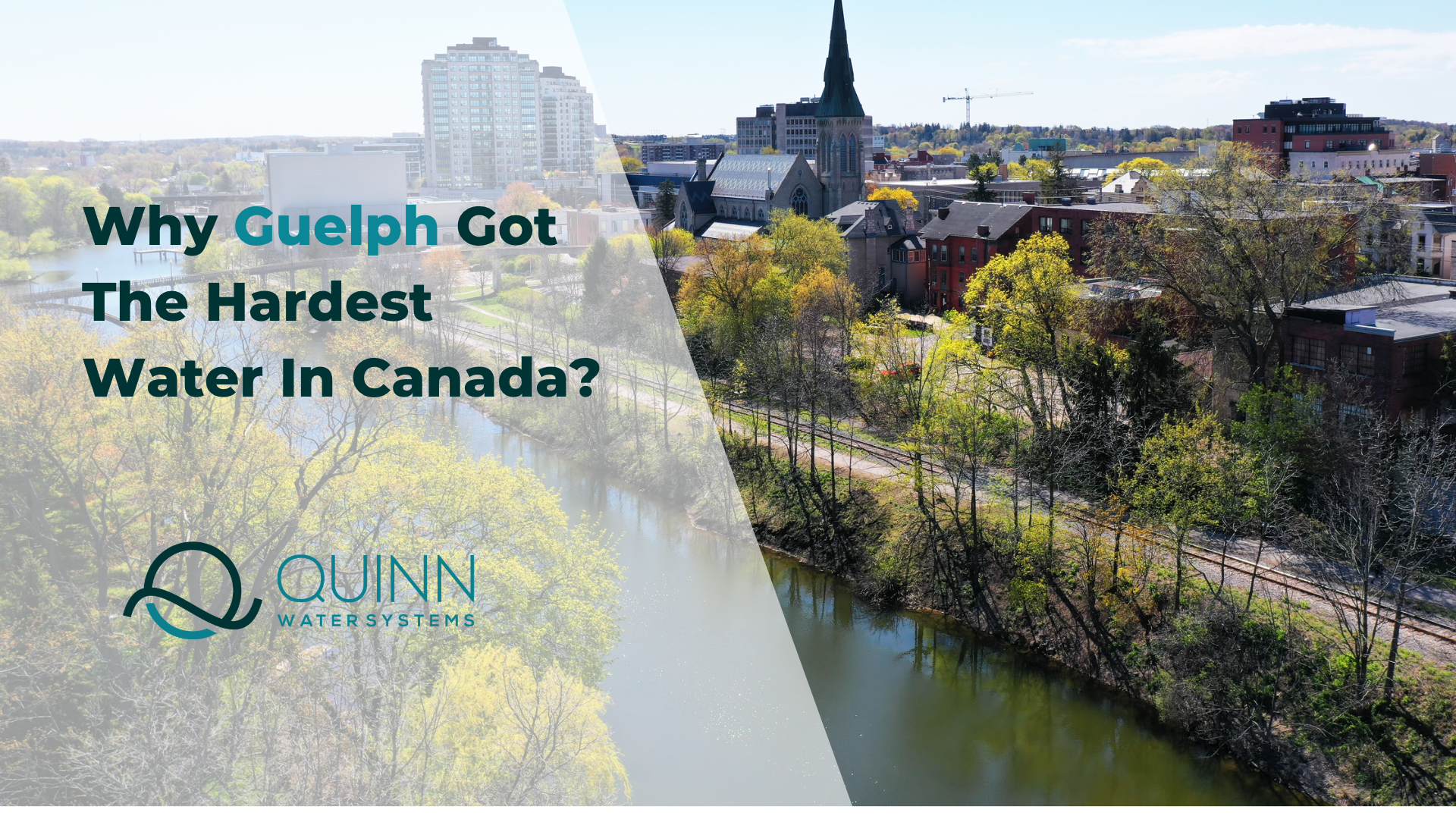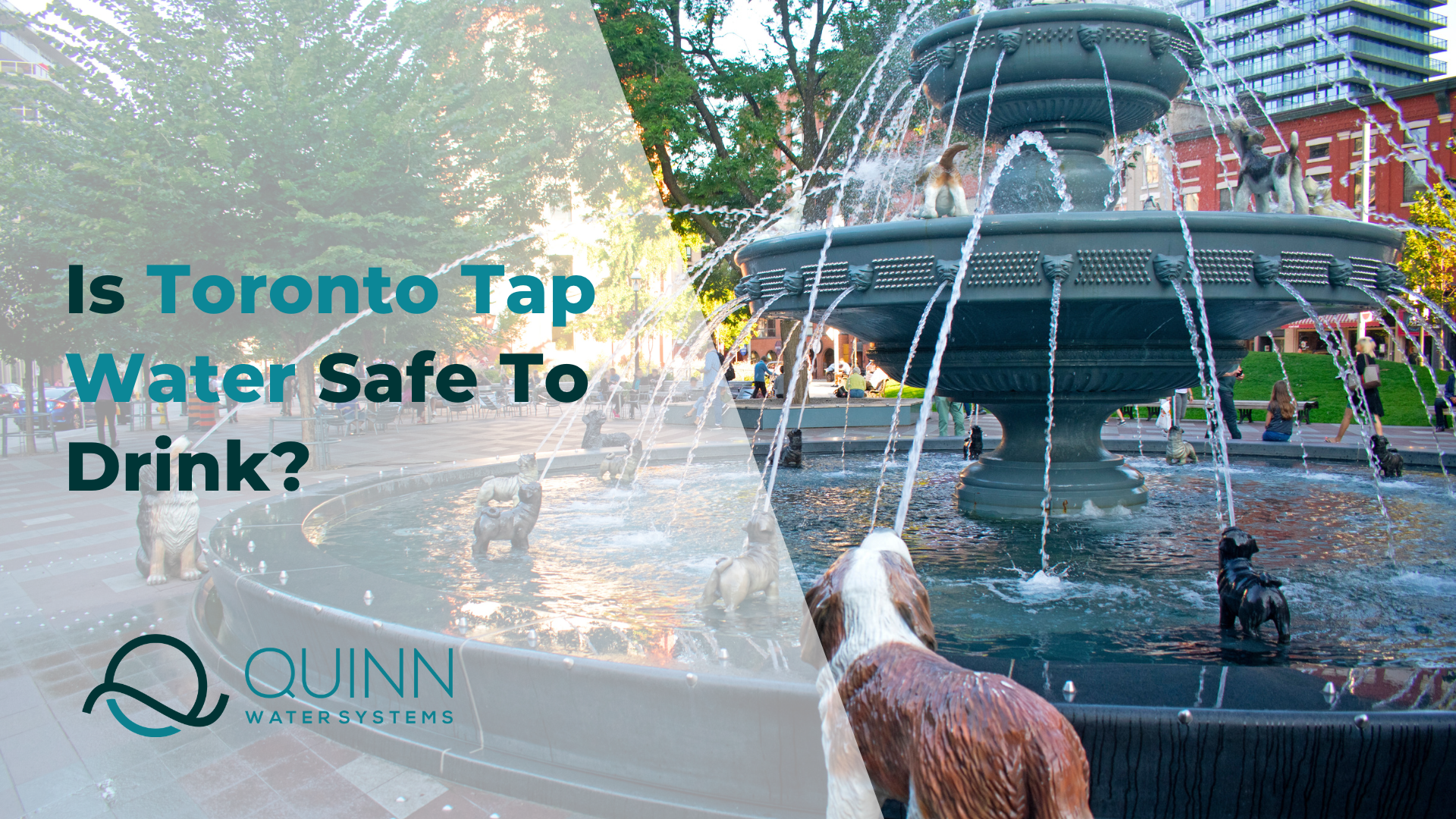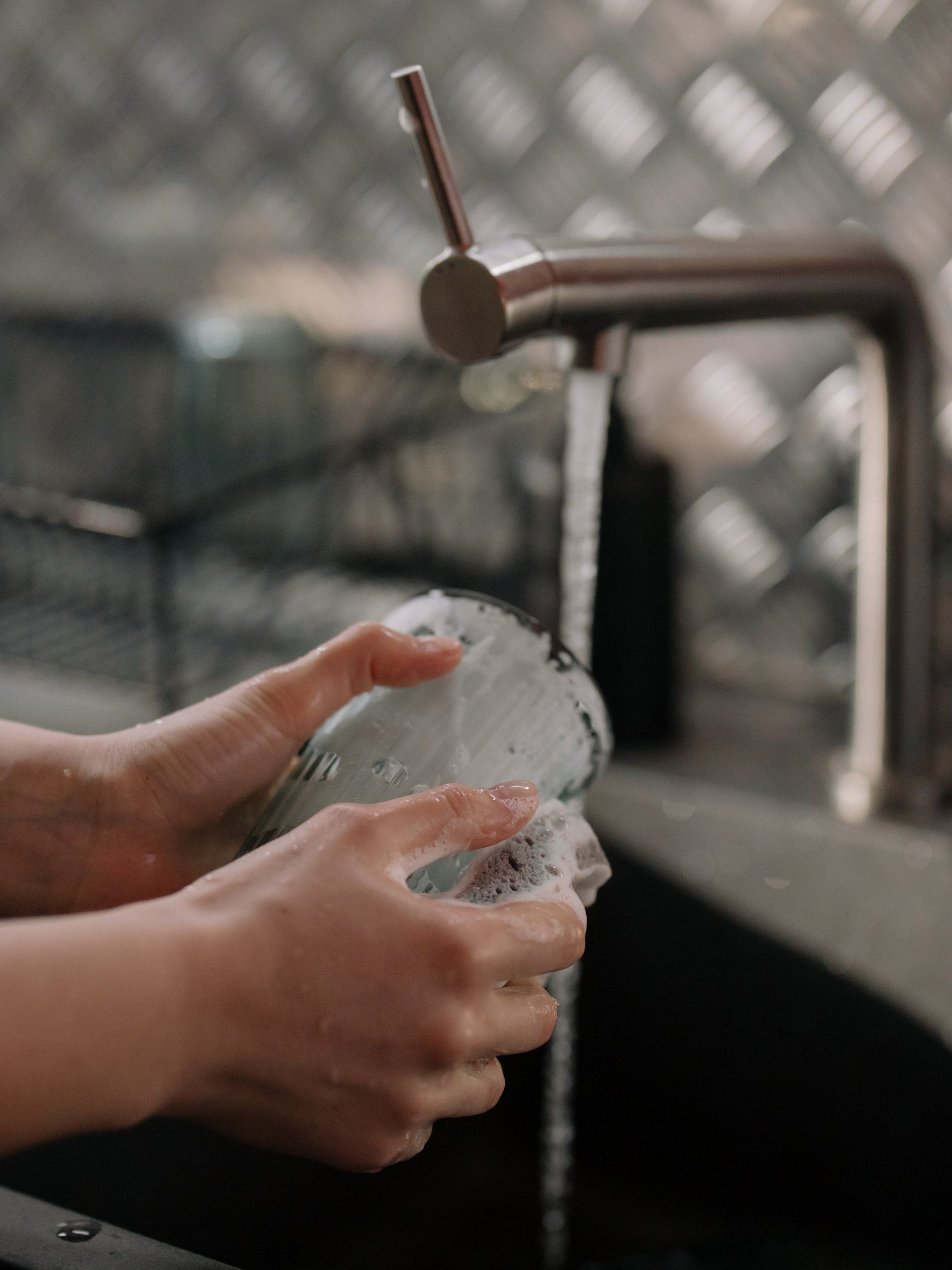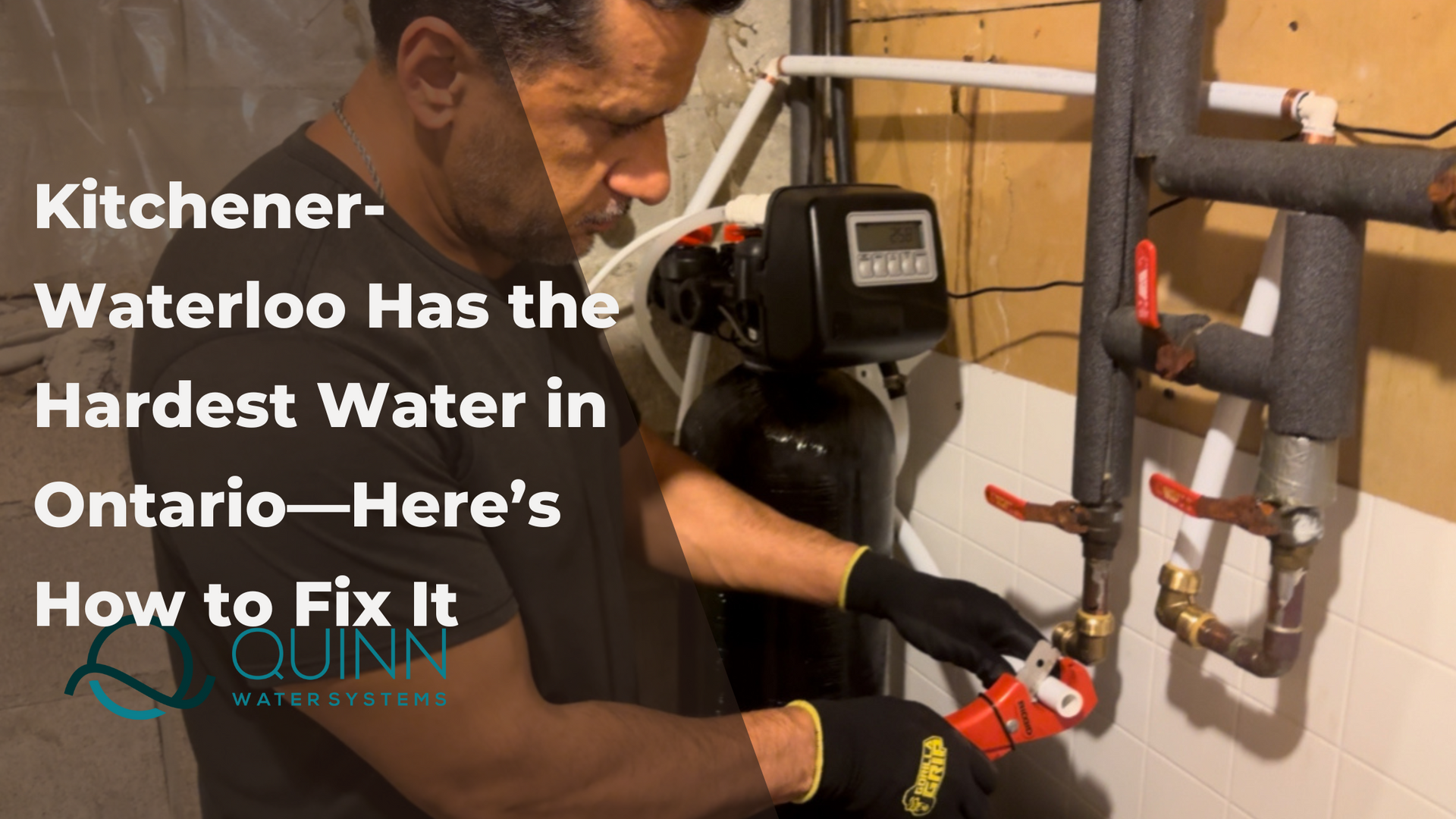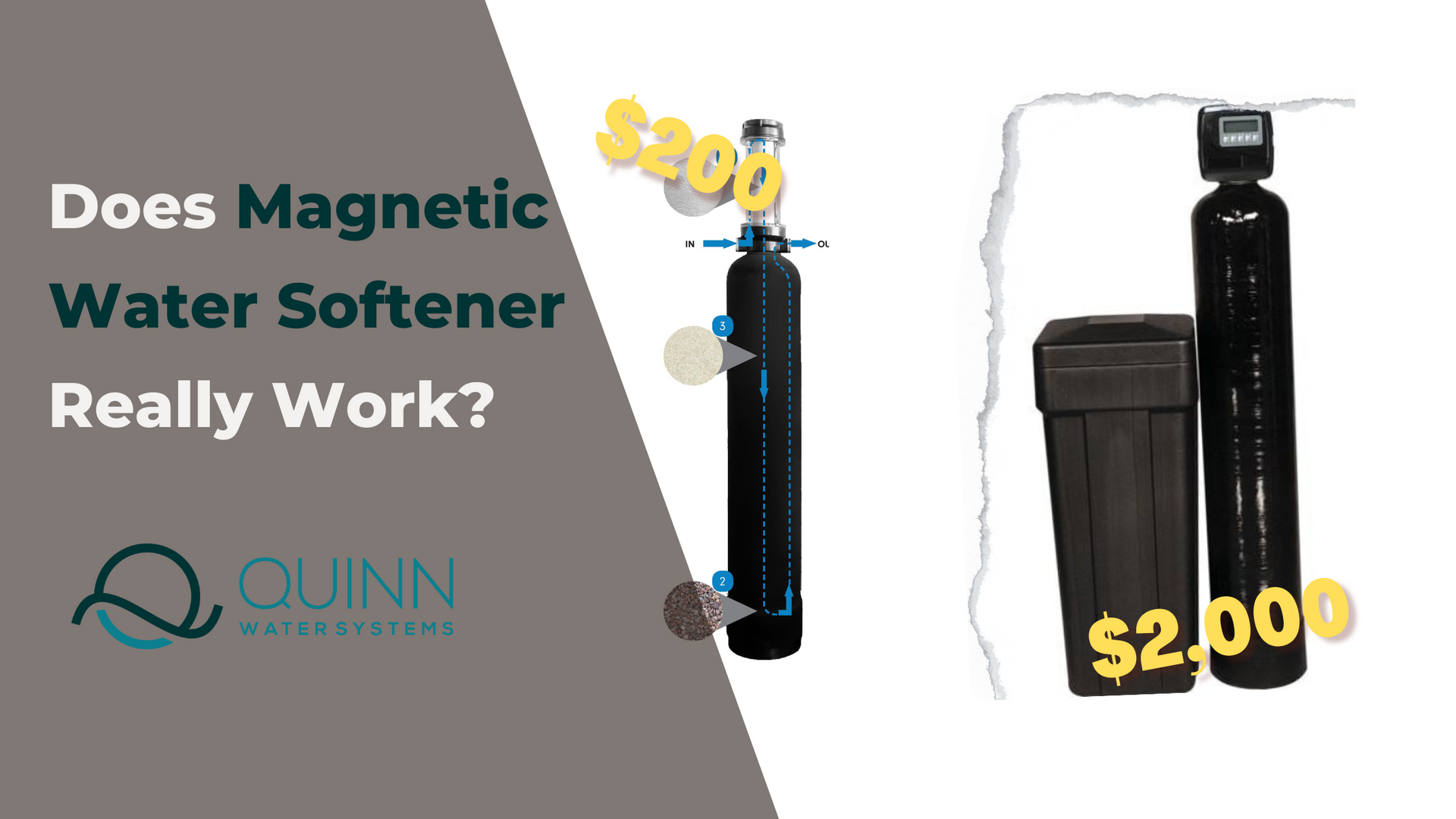Pros and cons of Well water vs City water
When settling into a new home in Ontario, one of the crucial decisions homeowners face is determining their water source preference:
well water,
city water, or even both. Often, individuals accustomed to city-supplied water have certain expectations and concerns regarding well water, while those accustomed to well water may approach city water with skepticism. However, the reality is that both well water and city water have their merits and drawbacks. At Quinn Water Systems, we understand the significance of this decision and aim to provide clarity to homeowners in Ontario. To assist you in making the most informed choice, let's explore the pros and cons of both well water and city water.

City Water and Well Water: Comparing Similarities and Differences
City water and well water may seem vastly different, but they share commonalities and distinctions worth exploring:
Similarities:
- Water Cycle Collection: Both city water and well water can originate from various stages of the water cycle, including groundwater from aquifers and surface water from precipitation like rain and snow.
- Contaminants: Both sources are susceptible to pollutants such as pesticides, microplastics, and pathogens like bacteria and viruses, emphasizing the importance of water testing and treatment.
- Plumbing Systems: Regardless of the water source, all water must pass through a building's plumbing system, where issues such as rusty pipes can affect water quality.
Differences:
- Well water Treatment: While city water undergoes treatment by municipal authorities, well water is untreated, necessitating homeowners' responsibility for water filtration and treatment.
- Testing: City water is regularly tested by government agencies, whereas well water requires annual testing by homeowners to ensure safety and quality.
- Supply Journey: Well water is sourced directly from groundwater via drilling, while city water travels through a network of underground pipes after treatment.
- Cost: While well water may involve initial installation costs, subsequent water usage is typically free, contrasting with monthly bills for city water usage.
Exploring Well Water: Pros and Cons
Well water offers independence and accessibility, but it also requires diligent maintenance and treatment:
Pros:
- You got no water bills. You're independent and self-sufficient in water supply.
- Long lifespan with proper construction and maintenance.
- Well water is generally shielded from contamination during natural disasters, offering a reliable water source even when cities struggle to distribute clean water to homes. While floods and other disasters can disrupt city water systems, wells typically remain unaffected unless the disaster is extensive and severe.
- Well water tend to get fresher with potential for mineral-rich water beneficial for health.
Cons:
- Dependency on electricity for pumping during power outages.
- Responsibility for maintenance and repair costs.
- Well water can be contaminated by chemical, dead animal, farm chemical that required treatments for Iron, Nitrate, Arsenic,.
Understanding City Water: Advantages and Disadvantages
City water provides convenience and regulatory oversight but may require additional treatment for optimal quality:
Pros:
- City water is available in most main areas that means it comes with regulatory compliance and oversight ensure safety
- Mortgage lenders often favour city water over well water due to its predictability and stricter regulations. Homeowners with city water may qualify for better rates because of this reliability and oversight, compared to the potential unpredictability of well water.
- Continuous water supply, unaffected by power outages.Reliability and consistency in water quality.
Cons:
- City water may not taste as fresh as well water because it's collected from run-off and surface water, often containing more pollutants. Taste may be affected by chemical treatments, mainly chlorine added by the city.
- City water can be turned off by someone else, since it's controlled by the city.
- Plus, city water bills are rising due to increased pollution and treatment costs.
- City water can be contaminated on a large scale in case of change in weather, environment,.. of the area
Navigating Water Solutions with Quinn Water Systems
Quinn Water Systems offers tailored solutions to address the unique needs of both well water and city water users:
- For city water, we provide comprehensive filtration and treatment solutions to enhance water quality and taste, ensuring safe and clean water for consumption.
Learn more: HOW TO TREAT CITY WATER?
- For well water, our well water testing services help identify potential contaminants, while our
well water filtration and treatment systems mitigate risks and improve water safety and purity.
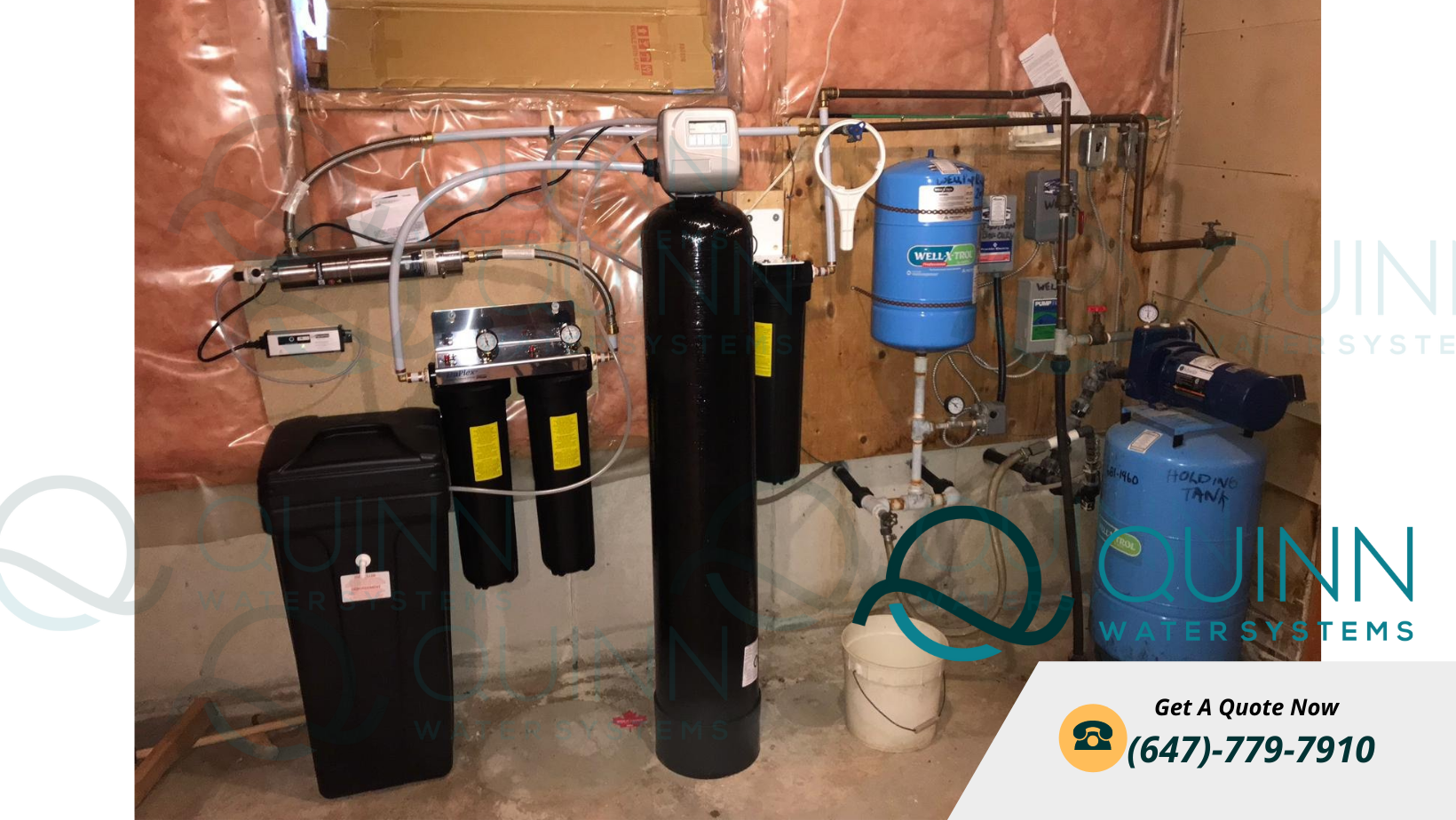
Whole Home Water Filtration:
Whether you rely on well water or city water, ensuring access to clean, safe water with water filtration is highly necessary. With Quinn Water Systems, you can find the solutions you need to address the unique challenges of your water source, providing peace of mind and confidence in your water supply.
Contact us today to learn more about our services and discover the right water treatment solutions for your home. Choose Quinn Water Systems for cleaner, safer water, every day.
Contact Us
Blog Posts
Share this blog
Blog Posts
